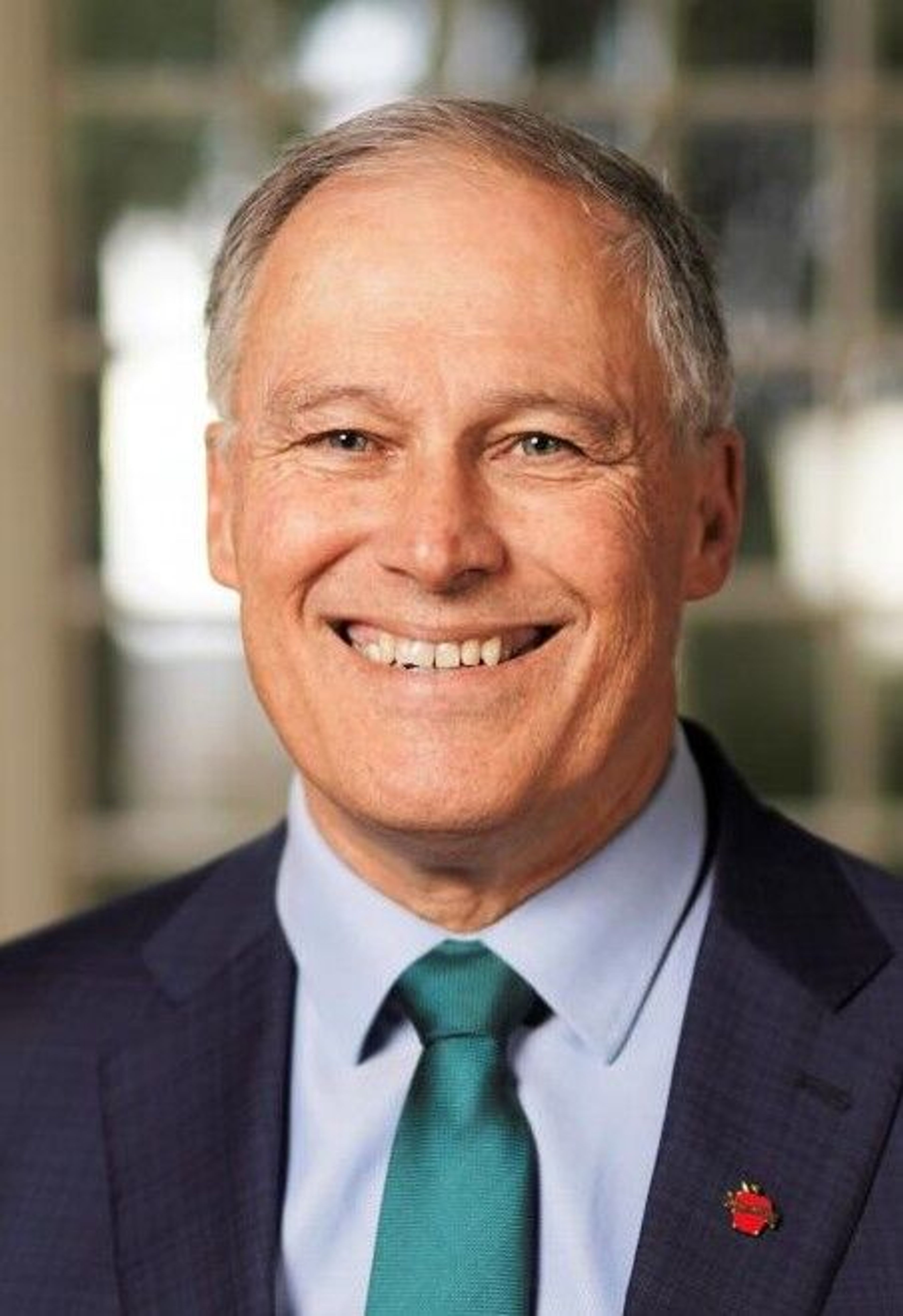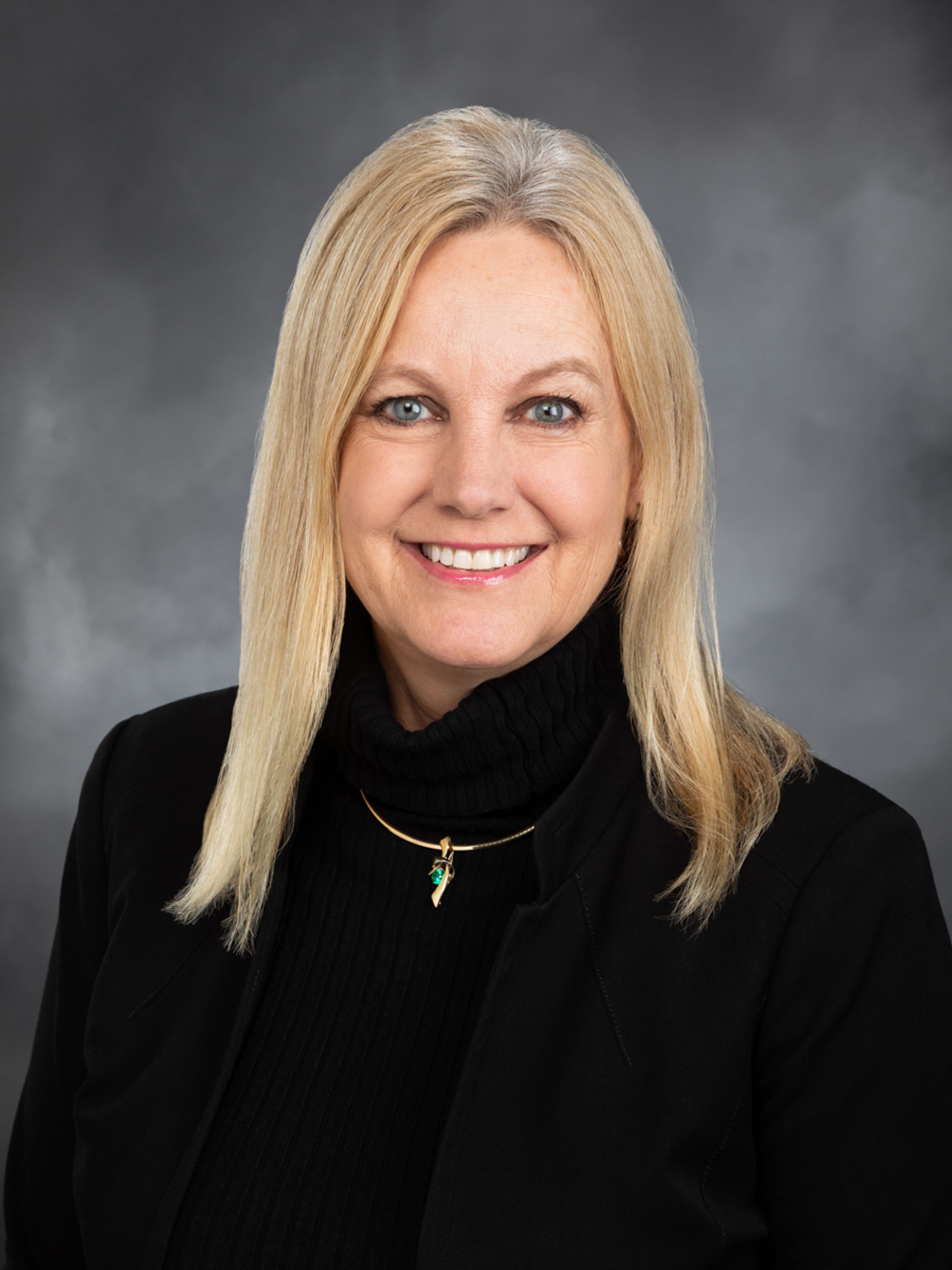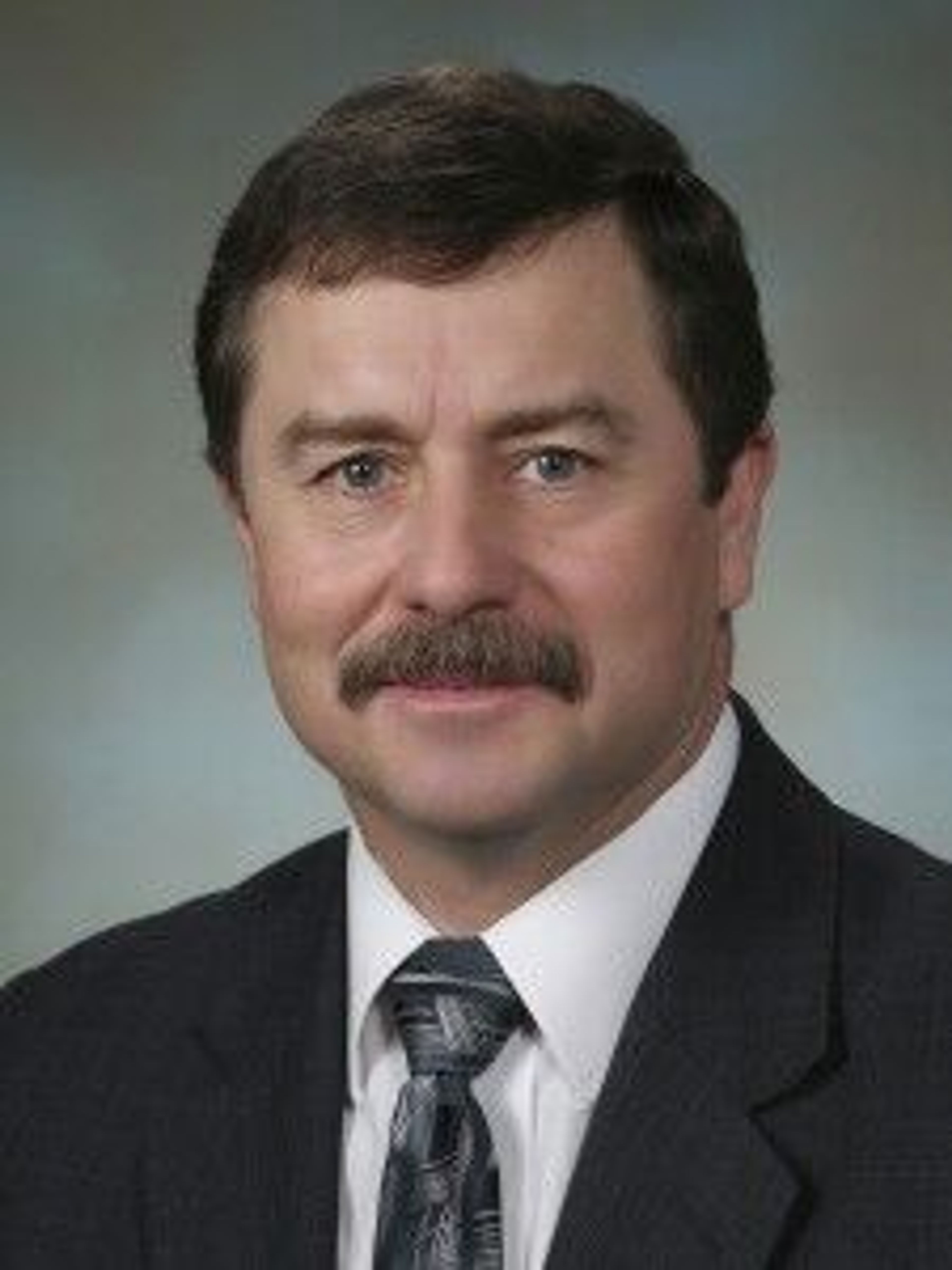Washington legislators gear up for 2023 session
Lawmakers meet in person for first time in two years
The manic-depressive, yin-and-yang that is Washington state politics begins its annual dance Monday when the 2023 legislative session convenes in Olympia.
Three-term Gov. Jay Inslee will use the session to further cement his legacy, promoting his Democratic ideals, climate change policies and a new, $4 billion initiative to combat homelessness.
Meanwhile, Republican lawmakers — who lost one House and one Senate seat in the November general election — will try to limit what they see as the governor’s “radical green agenda.”
For the first time in two years, lawmakers will be able to butt heads in person, rather than sparring remotely in pandemic-inspired virtual sessions.
“I’m so excited to be back in person,” said Rep. Mary Dye, R-Pomeroy. “I think it makes a huge difference, being able to have one-on-one conversations with your colleagues. Two years of being siloed in (online) Zoom meetings wasn’t healthy for public policy. That’s not how cooperation and collaboration happens.”
As the ranking Republican on the House Environment and Energy Committee, Dye has taken the lead in proposing alternatives to Inslee’s climate change initiatives.
In 2021, Democratic lawmakers in Olympia approved the Climate Commitment Act, which established a new cap-and-trade auction system to try and limit greenhouse gas emissions.
“The first auctions are scheduled (for February), and the state will start collecting revenue from the energy economy,” Dye said. “That money isn’t part of the general fund as yet; it hasn’t been accounted for.”
She’d like to use some of the money for forest restoration work and other environmental projects that historically have been passed over because there wasn’t a dedicated revenue source to pay for them.
She’d also like to use it to upgrade wastewater treatment systems in the Puget Sound region, as a way to improve salmon habitat and possibly deflect calls for removing the Snake River Dams.
“As Republicans, we aren’t seen as the ‘environmental caucus,’ ” Dye said during a Dec. 15 lunch event in Clarkston. “But we live in parts of the state that have natural resource economies, so we have a lot to say on this issue. My bills will focus primarily on water quality, using the cap-and-trade revenues to invest in real, tangible environmental benefits that our communities can experience now, instead of waiting 100 years to find out if (Inslee’s climate policies) were right or wrong.”
State officials originally estimated the cap-and-trade auctions would generate about $441 million this year. The money will come from certain industries that must now buy carbon “allowances” to offset their emissions.
More recent estimates suggest the cost of the allowances could be much higher, meaning the state would collect even more revenue. How much of that will be passed on to consumers isn’t clear yet, but for drivers alone the Western States Petroleum Association indicates it could be as much as 56 cents per gallon of gasoline.
Inslee wants to use the cap-and-trade revenue to help accelerate the state’s shift to clean energy sources. Last year, for example, he proposed $100 million in grants to install solar panels, $100 million to subsidize the purchase of electric vehicles and $324 million over three years to replace the state’s aging fleet of diesel ferries with electric ferries.
The investments tie in with the Legislature’s goal of reducing statewide carbon emissions by 45% by 2030 and 95% by 2050.
Sen. Mark Schoesler, R-Ritzville, notes that eastern Washington residents will be hit hardest by that transition, given that they often have to drive long distances to access services.
Stricter building code energy standards also drive up construction costs. That’s an issue he hopes to address this session in a school construction bill.
“Why not do something that actually lowers school construction costs?” he said. “It’s a concept I’ve worked on before. It would allow school districts to bypass the state’s extreme green mandates.”
Schoesler was first elected to office 30 years ago and is now the longest actively serving member of the Washington Legislature. He’s working on several school-related bills this session, including one to create a “master blueprint” file that districts could use to potentially reduce the cost of designing new schools.
Another bill would create a revolving loan fund for school construction, similar to the Public Works Trust Fund, which offers low-interest loans for county and city infrastructure projects.
Unlike the Public Works Trust Fund, which the Legislature has “raided” on several occasions when it needed money for other priorities, Schoesler thinks the school construction fund should be protected by adding it to the Washington Constitution.
He also has a proposal that would allow school districts to set aside as much as 2% of their funding each year to cover the cost of future maintenance and repair projects.
“It would be a depreciation fund ‘lock box,’ ” Schoesler said. “They could use it pay for a new roof (or similar projects), as opposed to going to voters with a bond proposal.”
The bill passed the Senate the last two sessions with minimal opposition, but stalled in the House.
Dye also plans to bring back a bill this year that passed the House and Senate unanimously in 2020, only to be caught up in a package of about 150 bills and line item appropriations that Inslee vetoed to save money at the start of the COVID-19 pandemic.
Her wild horse training bill is modeled on a program in Arizona that gives prison inmates an opportunity to learn how to care for horses. Run in conjunction with the U.S. Bureau of Land Management, it helps reduce the number of wild horses on federal lands by teaching inmates to “gentle” them and train them, so they get used to humans and can be put up for adoption by the general public.
Dye, who has several horses on her farm near Pomeroy, sees the program as an opportunity to give people a second chance.
“That first touch of a wild horse is life-changing — both for the horse and for the person,” she said during a 2020 interview about the legislation.
The Washington Legislature convenes a 105-day session on Monday. Inslee will present his 2023 State of the State Address on Tuesday, beginning at 11 a.m.
More information regarding the legislative session, introduced bills and committee hearing schedules can be found on the Legislature’s website at leg.wa.gov.
Spence may be contacted at bspence@lmtribune.com or (208) 791-9168.











